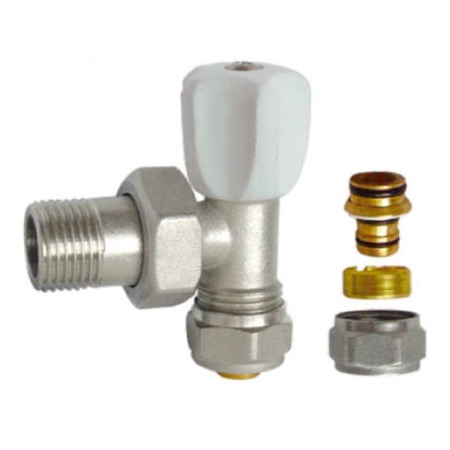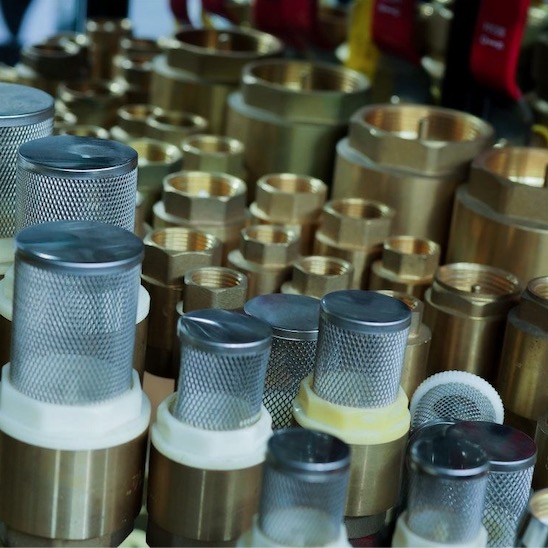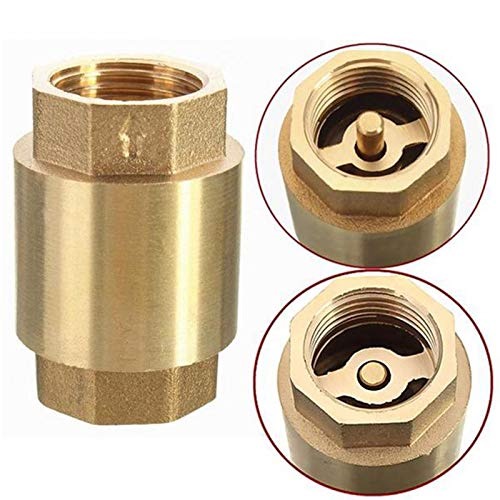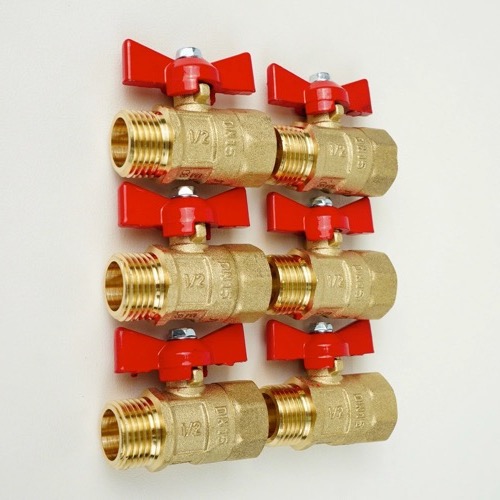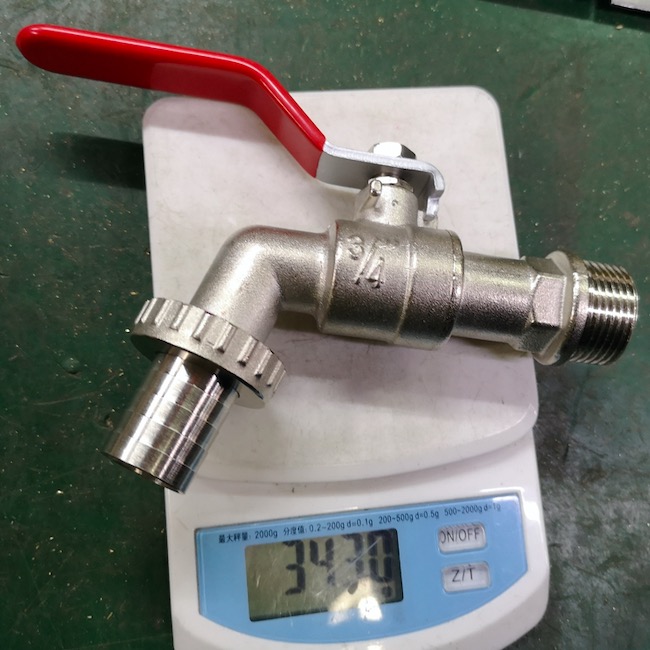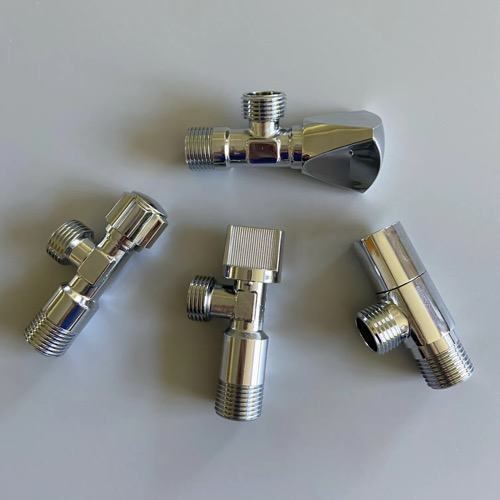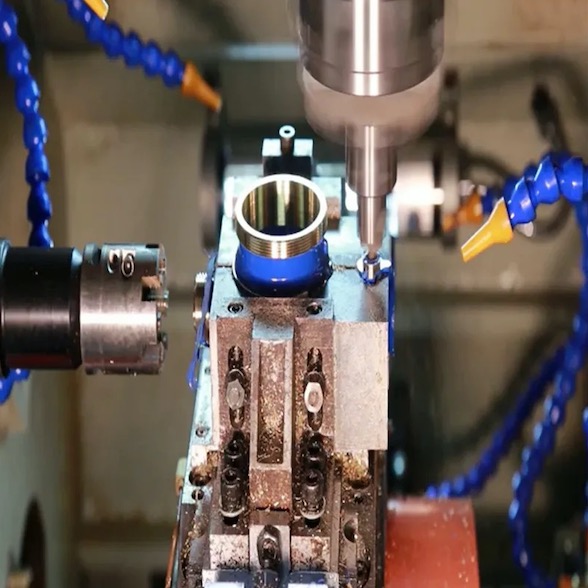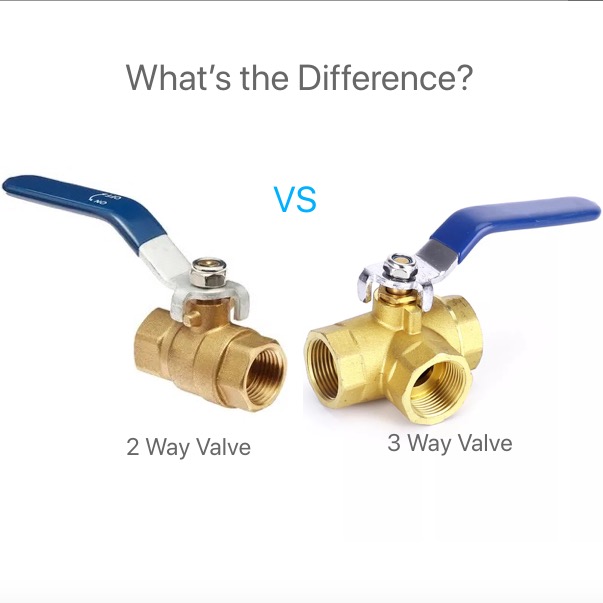Brass check valves play a crucial role in fluid control systems, ensuring that fluids flow in only one direction. If your system requires protection against backflow, these valves are an essential component.
A brass check valve is designed to prevent reverse flow, protecting pumps and equipment from damage while ensuring system efficiency. It is widely used in plumbing, heating, and industrial applications.
Understanding the importance of brass check valves will help you choose the right one for your application. Let’s explore their types, functions, and applications.
What is a Brass Check Valve?
Brass check valves are essential components in piping systems, preventing backflow and maintaining a unidirectional flow of fluids. Without these valves, contamination and pressure surges can damage equipment.
A brass check valve is a type of non-return valve that allows fluid to flow in one direction while preventing backflow. It is typically made of brass, which provides excellent durability, corrosion resistance, and reliability in high-pressure systems.
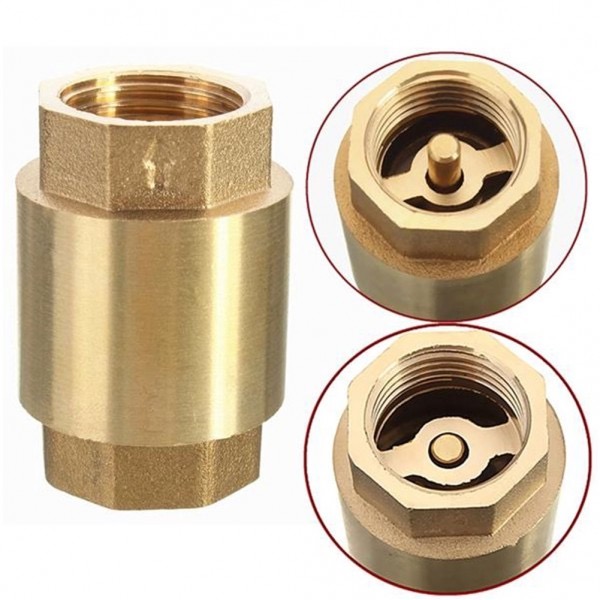
Spring Brass Check Valve Brass Core
Why Use Brass for Check Valves?
Brass is a preferred material for check valves due to its excellent mechanical properties:
| Property | Benefit |
|---|---|
| Corrosion Resistance | Ensures longevity in non-corrosive environments |
| High Durability | Withstands high-pressure systems |
| Temperature Resistance | Works well in both hot and cold systems |
| Easy Machining | Allows for precision engineering and reliable sealing |
These properties make brass check valves an ideal choice for plumbing, heating, and industrial systems.
How many types of Brass Check Valve?
Check valves come in different designs, each suited for specific applications. Choosing the right type is critical for efficiency and longevity.
The main types of brass check valves include swing check valves, spring-loaded check valves, and ball check valves. Each type has unique advantages depending on system requirements.
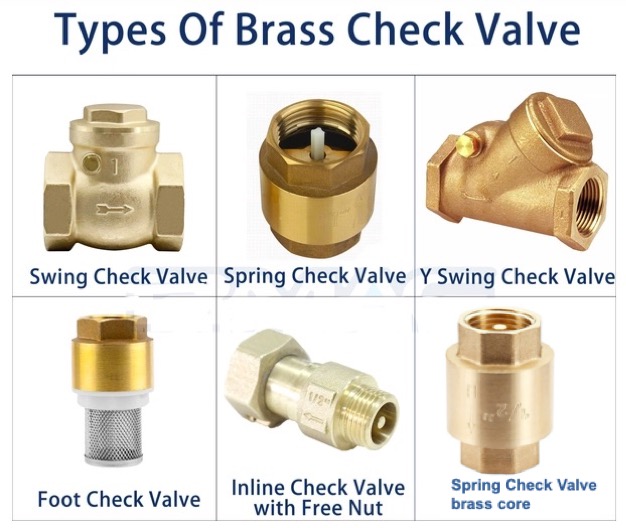
Brass check valve types
Types of Brass Check Valves
1. Swing Check Valves
- Use a hinged disc that swings open and closes due to gravity and back pressure.
- Best suited for low-pressure and high-flow applications.
2. Spring-Loaded Check Valves
- Utilize a spring mechanism to ensure the valve closes quickly when flow stops.
- Ideal for high-pressure systems requiring fast response times.
3. Ball Check Valves
- Feature a ball inside the valve body that moves to block or allow fluid passage.
- Effective in applications requiring minimal flow resistance.
Each type of brass check valve is designed to optimize fluid control for specific conditions, making selection a key consideration.
What is the function of a brass check valve?
Fluid systems rely on check valves to prevent problems like backflow, contamination, and pressure fluctuations. Without them, systems could suffer from inefficiency or even failure.
The function of a brass check valve is to prevent backflow, maintain system pressure, and protect pumps and equipment from damage caused by reverse flow.
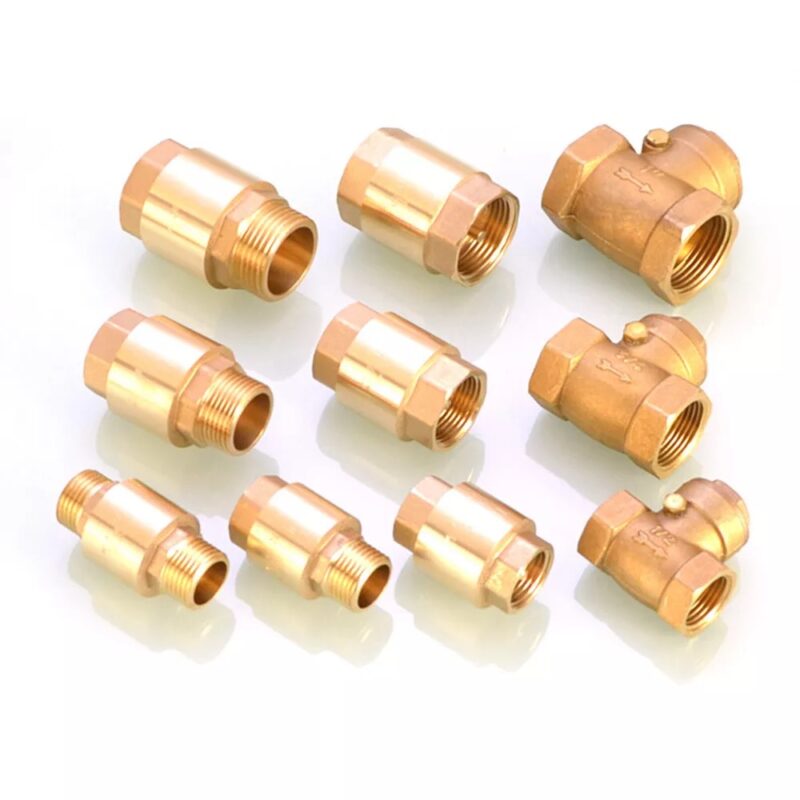
Brass check valve group
Key Functions of a Brass Check Valve
- Prevents Backflow: Stops fluid from reversing direction, avoiding contamination or damage.
- Maintains Pressure: Keeps the pressure stable by allowing flow in one direction only.
- Protects Equipment: Prevents reverse flow from damaging pumps and other sensitive components.
- Reduces Water Hammer: Minimizes pressure surges in piping systems.
Brass check valves ensure fluid systems remain safe, efficient, and functional over long periods.
What is the purpose of a check valve?
Check valves serve as silent protectors in fluid systems, preventing damage and ensuring smooth operation. But why exactly do they matter?
A check valve’s primary purpose is to allow flow in one direction while preventing reverse flow. This ensures the safety, efficiency, and longevity of fluid systems.
Why Check Valves Are Essential
- Prevents Contamination: Stops sewage, chemicals, or unwanted fluids from entering clean water systems.
- Enhances System Efficiency: Reduces energy waste by maintaining consistent flow direction.
- Protects Against Equipment Damage: Pumps and compressors remain safe from unexpected reverse flow.
- Ensures Compliance: Many industries require check valves to meet safety regulations.
By using check valves, you can improve operational stability and reduce maintenance costs.
What is the application for brass check valve?
Brass check valves are used across multiple industries, from residential plumbing to large-scale industrial processes. Their versatility makes them a popular choice.
Brass check valves are widely used in plumbing, HVAC, gas distribution, irrigation, and industrial applications where reliable backflow prevention is necessary.
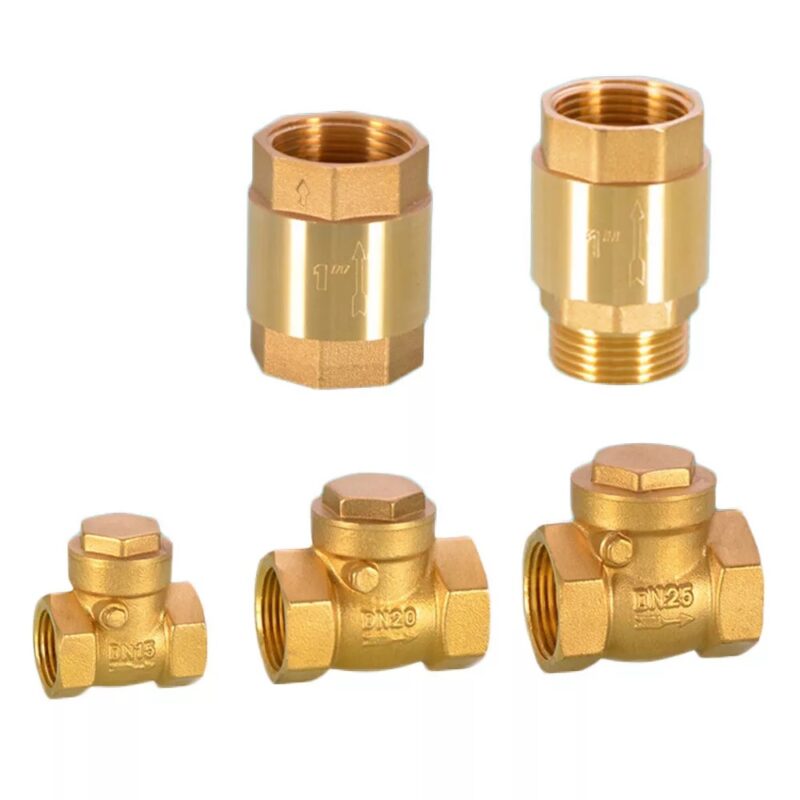
Brass check valve application
Common Applications of Brass Check Valves
1. Plumbing Systems
Brass check valves prevent contaminated water1 from flowing back into the clean water supply.
2. HVAC Systems
Used to control refrigerant and water flow in heating and cooling systems.
3. Gas Distribution
Ensures gas flows in the correct direction in fuel lines and gas pipelines.
4. Irrigation Systems2
Prevents dirty water from seeping back into the water supply in agricultural irrigation setups.
5. Industrial Processing
Used in chemical processing, food production, and manufacturing for safe and efficient fluid handling.
Brass check valves play a key role in ensuring the safe and effective operation of numerous systems worldwide.
Which is better, brass or plastic check valves?
The choice between brass and plastic check valves depends on your specific application needs:
- Brass Check Valves are ideal for high-pressure and high-temperature systems, industrial environments, and applications requiring durability.
- Plastic Check Valves work better for budget-conscious projects, corrosive fluid systems, and lightweight applications.
By carefully evaluating pressure, temperature, fluid type, and budget, you can select the most suitable check valve for efficiency and longevity.
Conclusion
Brass check valves are essential for preventing backflow, maintaining pressure, and protecting equipment in fluid systems. Selecting the right type for your application ensures safety, efficiency, and durability. Understanding their functions and applications will help you make an informed choice for your system. For more information, welcome to Contact VPEXCO.




